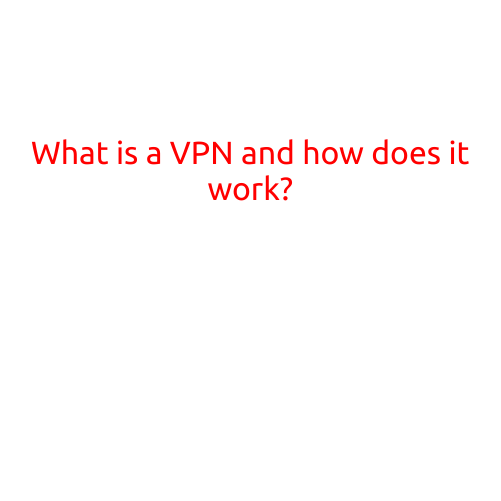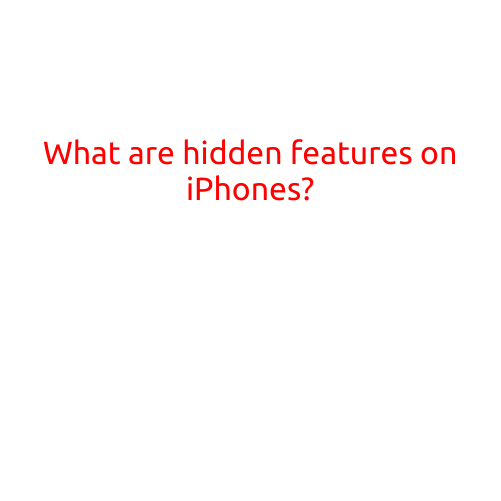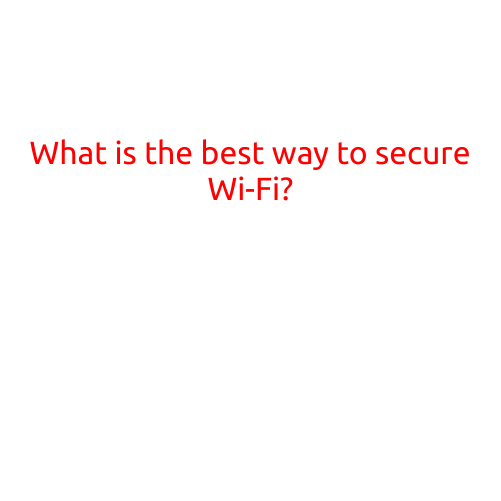
What is a VPN and How Does it Work?
In today’s digital age, online privacy and security have become major concerns. With the increasing threat of cyber attacks, data breaches, and government surveillance, individuals and organizations are looking for effective ways to protect their online activities. One popular solution is a Virtual Private Network (VPN), which has gained immense popularity in recent years. But what is a VPN, and how does it work?
What is a VPN?
A VPN is a network technology that creates a secure, encrypted connection between a user’s device and a remote server. This connection allows users to browse the internet anonymously, ensuring that their online activities are protected from prying eyes. A VPN masks the user’s IP address, making it difficult for third parties to track their online movements.
Think of a VPN as a tunnel or a proxy that encrypts and masks your internet traffic, allowing you to access websites and services that may be blocked or restricted in your region. A VPN ensures that your online activities are private, secure, and confidential.
How Does a VPN Work?
Here’s how a VPN works:
- User Connection: A user connects to a VPN server using a VPN app or software.
- Encryption: The user’s internet traffic is encrypting by the VPN server, making it unreadable to any intermediate parties.
- Proxy: The encrypted traffic is then routed through the VPN server, which acts as a proxy, hiding the user’s IP address.
- Decryption: The VPN server decrypts the traffic and sends it to the intended destination website or service.
- Data Return: The response from the website or service is then sent back through the VPN server and decrypted back to the user’s device.
Benefits of Using a VPN
Using a VPN offers several benefits, including:
- Online Anonymity: Hides your IP address, making it difficult to track your online activities.
- Data Protection: Encrypts your internet traffic, preventing data breaches and cyber attacks.
- Access to Restricted Content: Allows you to access websites and services that may be blocked in your region.
- Secure Public Wi-Fi: Encrypts your internet traffic when using public Wi-Fi networks.
- Increased Online Privacy: Conceals your online behavior, preserving your privacy.
Conclusion
In conclusion, a VPN is a powerful tool that provides online anonymity, security, and privacy. By creating a secure, encrypted connection between your device and a remote server, a VPN ensures that your online activities are protected from unauthorized access. With the growing concern for online security, using a VPN is an essential step in safeguarding your digital identity. Whether you’re a home user or a business professional, a VPN is an essential tool for anyone who values their online privacy.





